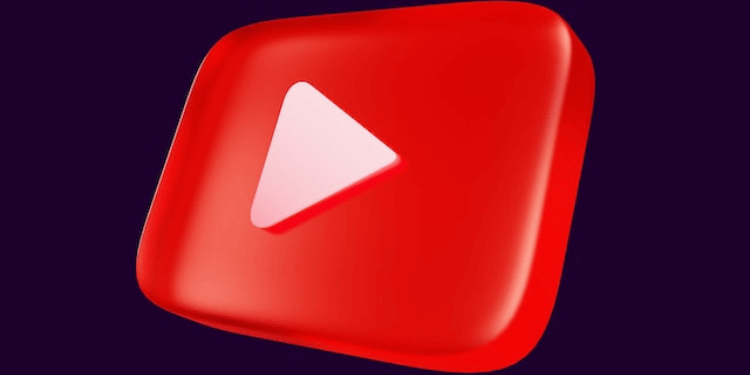YouTube has revised its advertiser-friendly guidelines, offering creators more flexibility around certain controversial issues. This update will allow creators to monetize videos discussing sensitive subjects like sexual and domestic abuse, abortions, and eating disorders, provided they don’t delve into graphic details.
Conor Kavanagh, YouTube’s monetization policy lead, emphasized the platform’s understanding of the value such videos offer as resources for users. He said, “We want to ensure that controversial issues discussed in a non-descriptive and non-graphic way aren’t disincentivized through demonetization.” He acknowledged feedback from creators who felt penalized by frequent demonetization, particularly when discussing these topics.
Specifically, for content on eating disorders, YouTube aims to align its monetization guidelines with its community standards. This means creators cannot monetize videos promoting harmful practices related to eating disorders. However, content that is educational, documentary-style, or from survivors that discuss but don’t encourage these practices will be eligible for monetization.
This move follows earlier scrutiny where tech executives, including those from YouTube, TikTok, and Snap, faced questions from U.S. lawmakers regarding the handling of content related to eating disorders on their platforms.
YouTube’s decision to relax guidelines displays a more nuanced approach to content moderation, recognizing the importance of discussions on sensitive topics. By striking a balance between enabling creators and ensuring advertiser comfort, YouTube is making strides in supporting a broader range of meaningful content. This shift not only benefits creators but also helps users seek educational or supportive content on these pressing issues.




















































